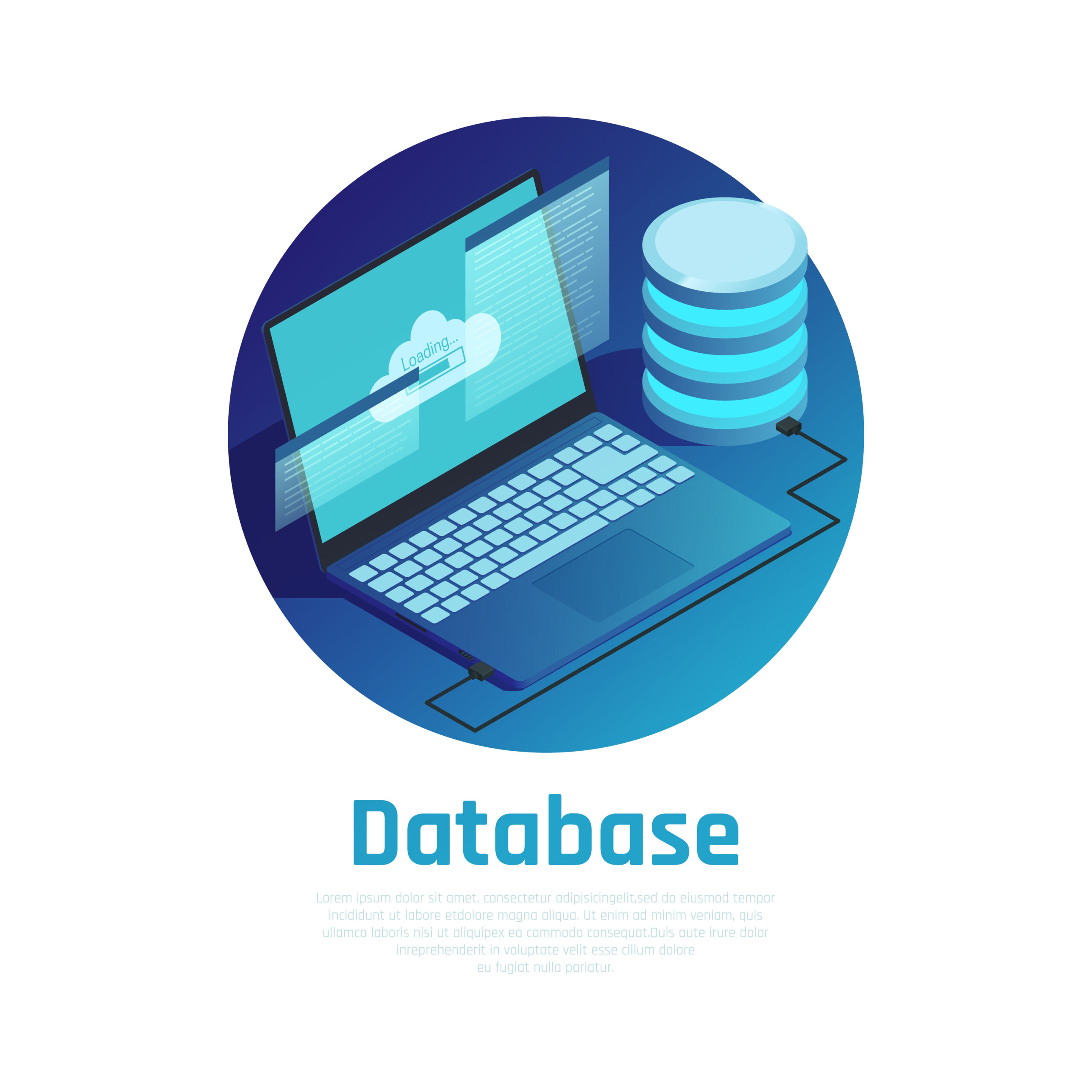With web development at its peak, security is a top priority. With increasing threats from data breaches, phishing attacks, and identity theft, robust authentication mechanisms are no longer optional; they are essential.
Enter Next.js, the modern React framework known for its performance and developer experience. As the digital world shifts toward more secure, scalable, and user-friendly web applications, understanding how to implement effective authentication in Next.js becomes crucial.
In this article, we’ll see the future of web security through the lens of Next.js authentication, review essential libraries for secure integration, and explain how professional IT services can streamline and strengthen your security strategy.
Why Web Security Matters More Than Ever
Web security is no longer just about protecting websites from malicious hackers; it’s about preserving trust, ensuring data privacy, and complying with global regulations such as GDPR and CCPA. A single vulnerability in authentication can expose sensitive data and compromise user identities.
With web apps becoming more dynamic and API-driven, securing endpoints and managing user sessions correctly is a must. This is where Next.js shines, offering flexibility and performance while accommodating modern authentication flows.
Next.js and Authentication: A Powerful Duo
Next.js provides a hybrid framework that supports both client-side and server-side rendering. This allows numerous ways to implement secure authentication. It can be done through JWTs, OAuth, or any third-party providers like Google or GitHub.
Key Benefits of Using Next.js for Authentication
- API Routes for Custom Logic: Create server-side authentication endpoints easily.
- Server-Side Rendering (SSR): Authenticate users before rendering pages.
- Incremental Static Regeneration (ISR): Securely cache authenticated content.
- Built-in Middleware Support: Add logic to check authentication status before routing.
Essential Authentication Libraries for Next.js
To unlock the full potential of authentication in Next.js, leveraging the right tools is essential. Below are the most trusted and widely used libraries for implementing secure and seamless user authentication.
1. NextAuth.js
Perhaps the most popular authentication library tailored for Next.js, NextAuth.js supports:
- OAuth providers (Google, GitHub, Facebook, etc.)
- Email/password login with magic links
- JWT-based authentication
- Social login and SSO (Single Sign-On)
Why it stands out:
- Easy integration
- Secure default configurations
- Built-in CSRF protection and session management
2. Auth0
Auth0 is a cloud-based identity management platform offering authentication and authorization as a service.
Features:
- Secure login with SSO
- Multi-factor authentication (MFA)
- Fine-grained access control
- Pre-built UI widgets and SDKs for Next.js
Great for enterprises or applications that need scalability and compliance.
3. Firebase Authentication
Google’s Firebase Authentication is another powerful service with real-time database sync and identity management.
Highlights:
- Social login (Google, Facebook, etc.)
- Anonymous authentication
- Secure token-based sign-in
- Easy integration with Firebase services
Perfect for apps that already use Firebase as their backend.
4. Clerk.dev
Clerk is a developer-friendly user management and authentication solution built for React and Next.js.
Advantages:
- Drop-in React components for sign-up and sign-in
- Session and token management
- Strong support for server-side auth flows
Clerk simplifies complex flows like organization-based access control and role-based permissions.
Best Practices for Secure Authentication in Next.js
No matter which library or service you choose, adhering to best practices ensures that your authentication setup remains secure and scalable.
1. Use HTTPS Always
Transport Layer Security (TLS) should be enforced to protect user data in transit. Avoid handling authentication over insecure channels.
2. Secure Session Management
Store session tokens in HTTP-only cookies to prevent XSS (Cross-Site Scripting) attacks. Avoid storing sensitive tokens in local storage.
3. Protect API Routes
Implement middleware or server-side checks in API routes to verify the user’s identity before granting access.
4. Role-Based Access Control (RBAC)
Segment access to different parts of your application based on user roles (e.g., admin, editor, user). This ensures that users only interact with data and functionalities they’re authorized to use.
5. Multi-Factor Authentication (MFA)
Add an extra layer of protection using SMS, email, or authenticator apps. Many third-party providers offer built-in MFA support.
6. Use Environment Variables
Never hard-code secrets like API keys or tokens. Always store them in environment variables and keep them out of source control.
How Professional IT Services Elevate Authentication Implementation
While DIY setups are suitable for small projects, scaling your authentication securely requires expertise. This is where professional IT services like the ones Tambena Consulting is offering can make a significant impact.
1. Expert Architecture Planning
Professional IT consultants help design a secure and scalable authentication architecture, ensuring optimal use of SSR, CSR, and API routes in Next.js.
2. Custom Integrations and Migrations
Need to integrate with legacy systems or migrate from an outdated auth system? IT services provide seamless integration with minimal downtime and data loss.
3. Security Audits and Compliance
Professionals conduct penetration testing, vulnerability scanning, and code audits to ensure your app is secure and compliant with regulations.
4. Ongoing Maintenance and Monitoring
Security is not a one-time job. Managed IT services offer 24/7 monitoring, updates, and quick responses to incidents or vulnerabilities.
5. User Experience Optimization
From single sign-on to seamless multi-device logins, IT experts ensure that security doesn’t compromise usability, a key factor in user retention.
Conclusion
The future of web security lies in smart frameworks and strategic implementation. Next.js offers a powerful platform to build secure, high-performance applications, and when paired with essential libraries like NextAuth.js, Auth0, and Firebase, you’re equipped to tackle modern authentication needs head-on.
Whether you’re building a startup app or scaling an enterprise-grade platform, investing in robust authentication today secures your success tomorrow.
Looking to elevate your Next.js authentication strategy? Consider partnering with Tambena Consulting, we specialize in secure, scalable web application development. Your users and your bottom line will thank you.






